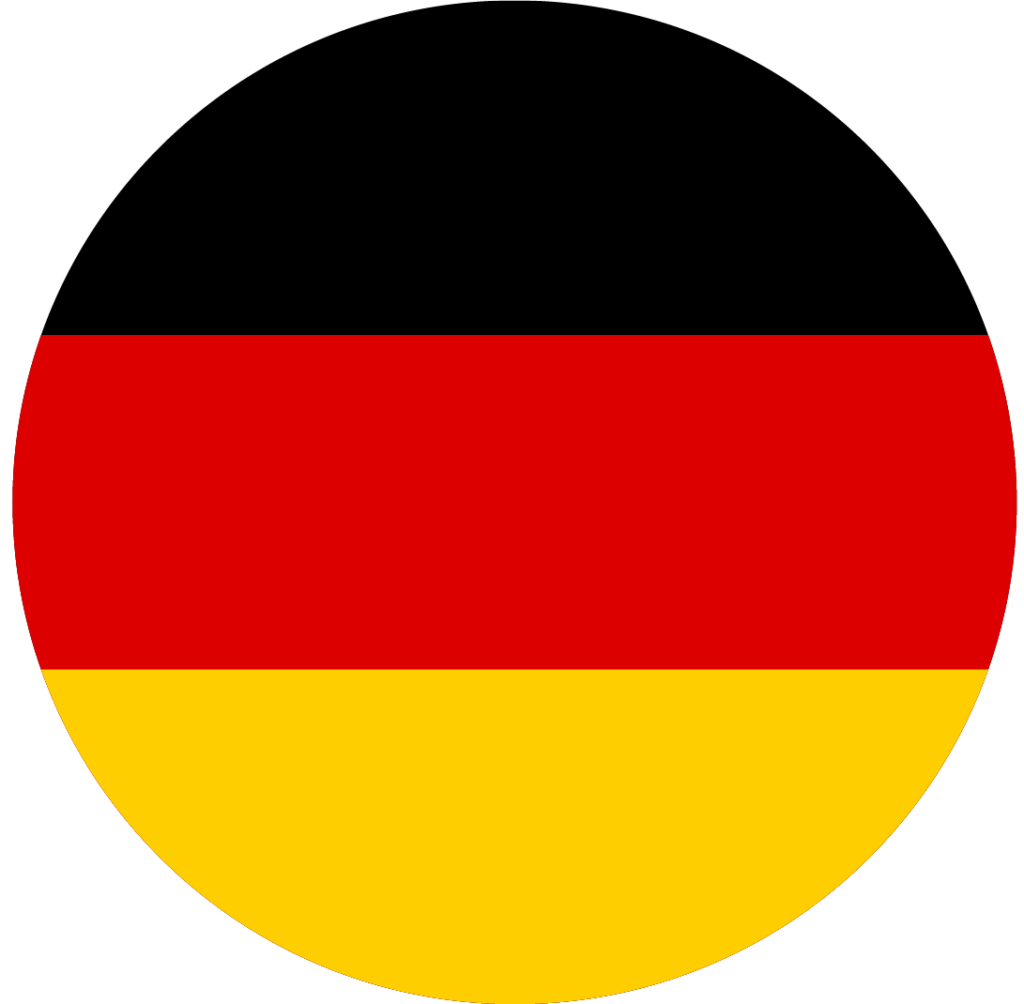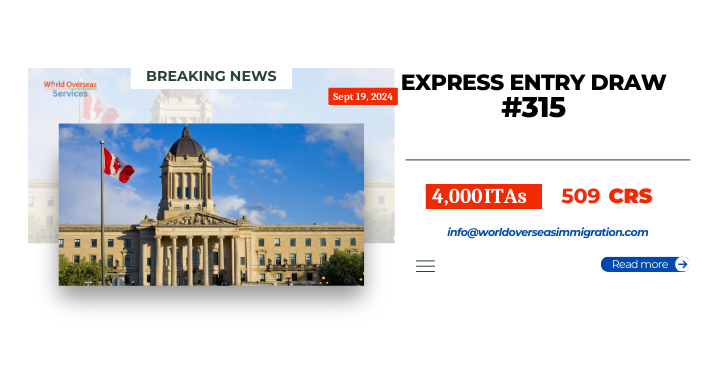The experience of studying abroad can be an unforgettable experience that can open doors to world-class education as well as diverse cultural experiences and new possibilities. If you’re interested in higher education, acquiring an entirely new skill or undertaking research, a visa for study is usually required to live and study in a different country. This guide will take you through all you must know about studying visas, namely what they’re and how to apply for one, and the best practices to make your application successful.
What is a Study Visa?
The study visa also referred to as a student visa is a legal permit that permits you to reside and enter an overseas country for purposes of study. It permits you to join any educational institute, take classes, and remain within the nation for the length of the study program. The visas typically are issued for the duration of your program of study and could also contain provisions for extension of your stay, as well as working for a portion of the time.
What is the reason you need a Study Visa?
Study visas are essential due to a variety of reasons.
- Legal Authorization This permits you to legally authorization to live and learn in the country of your choice to ensure that you’re compliant to immigration laws.
- Access to education: A study visa allows you to register and attend schools abroad in order to complete an academic degree, a the study of a language or vocational education.
- Opportunities to Work Many study visas come with the option of working part-time which allows you to provide for yourself financially while you study.
- Healthcare and Insurance Requirements: Certain countries require you to be covered by health insurance as part of the application for a study visa process. This ensures that you’re insured for medical costs.
- Immigration Control Study visas assist countries control the number of international students as well as make sure that visitors are using their visas to serve the purpose for which they were issued.\
Countries to apply for Study Visa
Different types of Study Visas
Different countries offer different kinds of study visas in order to meet diverse educational needs. Here are a few of the most popular kinds:
- The Short-Term Student Visa
- Summary: This visa is intended for programs or short courses lasting from a few weeks to some months.
- is ideal for Language classes Summer schools, summer camps, or short-term academic courses.
- Long-Term Student Visa
- Summary: This visa is designed for students in programs that last for six months or more for studies for degrees or vocational training.
- Ideal for: University degrees, extra language courses or vocationally intensive training.
- Student Exchange Visa:
- Description: This visa is designed for students who are taking part in exchange programs with institutions from their country of origin as well as abroad.
- Ideal for: Exchange programs, semester abroad and international collaborations in academics.
- A Language Study Visa
- Introduction: Specifically for students taking classes in languages The visa permits you to study a different language in a different country.
- The best choice for Language courses that are intensive or immersion programs in the language.
- Research Visa:
- Introduction: Designed for researchers or PhD students pursuing advanced research or research in a foreign country.
- Ideal for: Research projects, doctoral programs or research positions in academic institutions.
- Work and Study Visa:
- Introduction: Some countries offer visas that let you work part-time while studying to earn a living.
- is ideal for Students who have to keep their studies and work in balance typically in countries that have high costs of living.
- Dependent Visa:
- Summary: If you’re studying abroad and you have dependents (such as spouses or children) could require an individual visa to accompany you.
- is ideal for Students who have relatives that want to be with them while they study.
How do I apply for Study Visas?
To apply for a visa to study involves a series of steps. This is a comprehensive guide to assist you in the application process:
1. Research Visa Requirements
Before you begin your application, you should research specific requirements for obtaining a visa in the country in which you’re planning to learn. There are a variety of requirements for countries, and can be contingent on the kind of program or course you’re planning to pursue.
- Find official sources: Visit the official website of the consulate or embassy of the country you are visiting to get the most precise and current information regarding the requirements for visas.
- Educational Institution Requirements: Your school can also offer guidance regarding the process of applying for a visa and other requirements.
2. Take the necessary documents
The collection of the necessary documents is an important stage in the process of applying. The most commonly requested documents are:
- A valid passport: Make sure your passport’s validity is up to date for the time you are staying and beyond, with sufficient blank pages to stamp visas.
- Fully completed Visa Application Form Complete the form supplied by the embassy of your country or consulate. Ensure that the details are accurate and complete.
- Passport-Sized Images: Provide recent passport-sized photographs that are in line with the specific dimensions and requirements for format.
- The letter of acceptance: Get a confirmation letter or enrollment letter from your school confirming your acceptance and the course information.
- Evidence of financial support: Show evidence that you have enough money to pay the cost of your tuition or living expenses as well as other expenses during your time in college. This can comprise bank accounts, guarantees for financial obligations or evidence of a the scholarship.
- Healthcare Insurance A few countries demand the proof of insurance during your stay.
- Evidence of Accommodation Give details about where you’ll stay for your study, including arrangements for accommodation or a letter of your host.
- Academic Certificates and Transcripts: Send your prior academic transcripts, diplomas, or certificates in accordance with the requirements of for the application to get a visa.
- Visa Fee Receipt You must pay the fee for visa applications, and save the receipt to serve as evidence of payment.
3. Submit Your Application
Once you have all your documents in hand With all the required documents, you are able to make an application for a visa. The procedure for submitting the application may vary:
- In-Person Submission Certain countries require that you make an application personally at an consulate or embassy. You might need to schedule an appointment ahead of time.
- online submission: Numerous countries have online application for visas that allow applicants to complete your visa application online.
- Visa Processing Center: Certain countries employ third-party visa processing centers in order to process applications. They can help in the verification of documents and the submission of applications.
4. Participate in an Visa Interview (if Required)
Certain countries might require the interview of a visa in the process of applying. The interview is usually held at the consulate or embassy and includes questions regarding your plans for study as well as your background.
- Be Prepared Detailedly: Bring all required documents to the interview, and be prepared to talk about your plan of study, your motivations to study in the country of your choice and your future plans.
- Do your best to be honest: Respond to all queries with honesty and clarity. False statements can result in refusal of visa.
5. Wait for Processing
After you’ve submitted your application and completing the interview (if necessary) You’ll have to wait until your visa is processed. The processing time can differ based on the location and season.
- track your application Certain consulates and embassies provide online tracking services for visa applications. Be on the lookout for any new information or requests for more details.
- Processing Time: Visa processing can be anywhere from a couple of weeks to a few months. It is best to apply in advance of the time you want to begin.
6. Get Your Visa
If your application is accepted after which you will be issued the visa as a sticker or stamp on your passport. Verify the visa to make sure that all information is accurate as well as the validity dates as well as any additional conditions.
- Check Visa Information: Verify the visa’s beginning and ending dates and make sure it is in line with the timeline of your study program.
- Learn about The Visa Terms: Be aware of the conditions that are attached to your visa, like limitations on traveling or working.
Tips to a Successful Study Visa Application
Here are some helpful tips to aid you through the application for a study visa effectively:
- Application Early Begin the process of applying as soon as you can to allow for processing time and delays that could occur.
- Double-Check Requirements Check that you are in compliance with the requirements of your visa and have correct and complete documents.
- Prepare for interviews: If an interview is needed, you must prepare well and be prepared to discuss your study plan and your background.
- Evidence of the Financial Stability of your institution: Provide clear evidence of enough funds to pay for your living and tuition costs.
- Accept the The Conditions of Your Visa: Follow all conditions of your visa, which include the period of stay and any limitations on travel or work.
- Request assistance if needed: If you encounter issues or have doubts, think about consulting an immigration attorney or consultant for advice.
Common Faults to Avoid
Beware of these common mistakes to increase your chances of a successful application for a study visa
- Incomplete or incorrect forms: Ensure all forms are completed correctly and in full to prevent delays or rejection.
- Incomplete documents: Make sure you have all the required documentation and make sure they are current and accurate.
- Failure to meet the Financial requirements: Show clear evidence that your finances are stable enough that will cover your living and study expenses.
- Applying too late: Apply well in advance to avoid any last-minute problems or delays.
- Making false statements: Always provide honest and precise information on your application as well as during interviews.
What Should You Do If Your Visa is Refused
If your application for a study visa is rejected If your application is denied, follow these steps:
- Examine the Rejection Notice: Carefully read the notice that explains the reasons behind refusal. This will help you comprehend the reasons for denial and what was wrong.
- Resolve the Issues: If possible, resolve the issues mentioned on the rejected notice. This may mean giving additional information or rectifying the errors.
- Then reapply. There is a chance to renew your visa application following a review of the reasons which led to the initial rejection. Follow the instructions for submitting your application and submit any additional documents.
- Get Professional Advice: If needed, contact an attorney for immigration or consultant for assistance in applying again or responding to the refusal.
- Appeal the decision (if appropriate): Some countries permit appeals to the decision of a visa officer. Consult the appropriate consulate or embassy for information about the procedure to make an appeal.
The preparation for your Study Abroad Experience
After you have received your study visa and you are getting ready to travel, take a look at these suggestions:
- Plan Your Trip: Arrange your travel plans, including flights as well as transportation to your school.
- Be familiar with the local culture: Learn about the customs, culture and laws of your country of choice to make sure that your transition is smooth.
- Secure Housing: Confirm your accommodation arrangements and be sure to are able to reach it via the airport, or any other transport hubs.
- Security and Health: Make sure you have the right health insurance and are aware of how to get medical care if required.
- Keep track of your things: Keep copies of important documents like your passport, visa, and acceptance letter. Keep them readily accessible throughout your journeys.
Conclusion
The process of obtaining a study visa is an essential aspect of pursuing an international education and adjusting to life in a different country. If you are aware of the different kinds of study visas that are that are available, completing the process of applying carefully, and making sure you are prepared for your study abroad experience You can set yourself to have a great and rewarding education.
A study visa not just lets you earn an academic qualification but is also an opportunity to experience the culture of another country, make connections that last a lifetime, and to grow professionally and personally. By planning with care and concentration on detail You can get the most out of your travels abroad and meet your academic goals.






